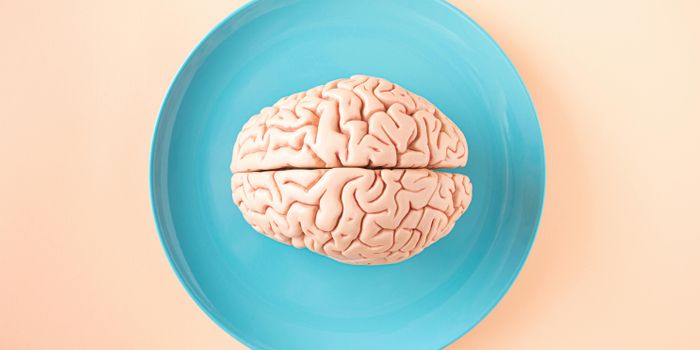Acute Intoxication Effects of Legal-Market High-Potency THC-Enriched vs. CBD-Enriched Cannabis Concentrates
Researchers from Colorado State University and the University of Colorado Boulder have just released the first study to compare the acute intoxication effects of tetrahydrocannabinol (THC)-enriched versus cannabidiol (CBD)-enriched cannabis-derived concentrates. Published in Nature’s Scientific Reports, the study utilized an observational strategy entailing self-administration of legally-marketed cannabis concentrates by the study’s participants (i.e., recreational cannabis users).
Based on the available literature and previous experimental data, the research team hypothesized that THC-enriched cannabis concentrate products would elicit intoxication and elation (i.e., positive disposition), whereas CBD-enriched concentrates (i.e., with low THC) would generate anxiolytic effects with lesser intoxication.
Following ad libitum self-administration, researchers employed both objective and subjective assessments to compare the acute intoxication effects between the two cannabis-derived concentrates in a total of 54 participants. Participants were separated into two groups based on the type of cannabis-derived extract (i.e., THC-enriched or CBD-enriched concentrate) that would be self-administered during the study. Twenty-eight participants were included in the THC-enriched (“THC-dominant”) group, with the other 26 participants assigned to the CBD-enriched (“CBD-dominant”) group.
Objective assessments included time-point measurement of cannabinoid blood levels (baseline measurement, right before self-administration, immediately after, and one hour after). Physical sensation and affective state were subjectively assessed using modified versions of the 12-item Addiction Research Center Inventory-Marijuana (ARCI-M) effects scale and the Profile of Mood States (POMS) questionnaire. ‘Drug liking’ was used as a subjective measurement of drug reward, which was evaluated using a particular question from the Drug Effects Questionnaire (DEQ) (“Do you like any of the effects you’re feeling?” on a scale of one to five). Similar concentrate quantities by weight were used by both groups.
Cannabinoid blood levels of THC and 11-hydroxy-THC (11-OH-THC: the active, metabolized form of THC) varied by time-point, displaying their highest levels immediately following self-administration and then declining over time in both groups.
Plasma levels exhibited increased concentrations corresponding to each group’s assigned concentrate condition (i.e., THC-enriched versus CBD-enriched). THC-enriched group participants displayed elevated levels of THC and 11-OH-THC relative to the CBD-enriched treatment group at each time-point (i.e., immediately post-use and one-hour post-use, with peak levels immediately post-use). Accordingly, CBD-enriched group participants displayed significantly increased CBD levels, but only right after post-use (i.e., no significant increase in CBD levels one hour after self-administration).
In line with the researchers’ expectations, THC-enriched group participants reported elevated intoxication, drug effect, and drug liking compared to CBD-enriched group participants. Moreover, analyses of the CBD-dominant group’s subjective assessments revealed reductions in tension and anxiety immediately after self-administration. On the other hand, the THC-enriched group displayed significant anxiety reduction only at the one-hour post-use time-point. Notably, a spike in paranoia – followed by restoration to baseline within the hour – was observed immediately post-use in the THC-enriched group.
Taken as a whole, the researchers conclude that the results of the study illustrate that CBD-enriched concentrate induced effects of elation (i.e., positive mood/euphoria) and reduced intoxication (relative to THC-enriched concentrates) while eradicating the undesirable effects observed with THC-enriched concentrate (paranoia, drug intoxication, and rewarding effects such as physical sensation and drug liking). The team proposed that the combination of the two phytocannabinoids in the CBD-enriched concentrate (i.e., low THC and high CBD) is likely responsible for alleviating the aforementioned undesirable effects experienced with the THC-enriched concentrate.
With the recent emergence and growth of such a proliferative cannabis concentrate market, this study is especially pertinent as it makes headway in addressing the notable research gap on the physiological impacts of CBD-enriched concentrates. Furthermore, it lays the groundwork for further research into reducing the harm potential of CBD-concentrates (either alone or with THC) towards ensuring product safety in today’s dynamic market.
Sources: Nature’s Scientific Reports (1); Nature’s Scientific Reports (2); PhenX Toolkit; Brian Mac: Sports Coach; Psychopharmacology; Clinical Chemistry









